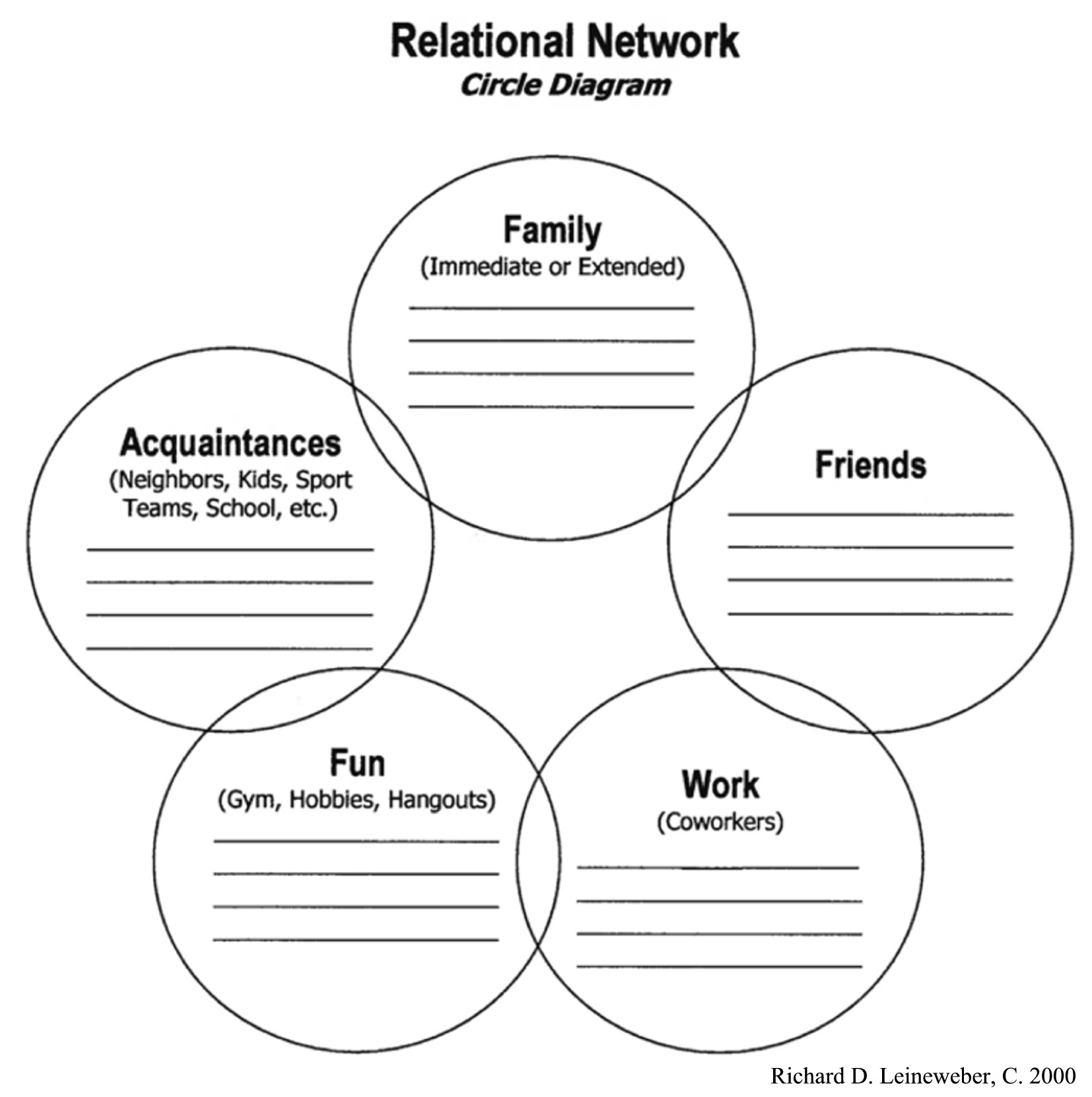Here are my notes for the fifth session of The Forgotten God, by Francis Chan, which includes questions for my  small group, quotes from the book, and other observations. Remember these are notes, and not a complete article on the topic. Please purchase the book to support the author.
small group, quotes from the book, and other observations. Remember these are notes, and not a complete article on the topic. Please purchase the book to support the author.
What comes to mind when you think about relationships?
What if your personal experience is not so warm and cozy?
Honestly describe your relationship with God.
- How does it feel?
- How do you maintain it?
Read Galatians 4:1-7—Paul contrasts slaves and sons…
- What are the differences?
- What are the privileges?
- How does each feel?
- What confidence does each possess?
Incredible truth: believers are adopted by God, we are his children whether we feel like it or not. But God wants us to feel adopted… to call him, Abba, Father.
What is the significance of Paul’s statement? How should it affect our relationship with God?
Read Romans 8:12-17
Paul says about the same thing, but notice he adds something (Romans 8:15-16). How is this like the Prodigal Son?
Sometimes guilt or perfectionism keep us from enjoying our intimacy with God, so how can Romans 8:15-16 help us?
We tend to take relationships for granted, but what makes close personal relationships so incredible? (Psalm 139:7) If Psalm 139:7 is true, then why don’t I feel close to God?
COMFORT: we often live life so comfortably and safely that we don’t need the Spirit to be comforted (John 14).
When was the last time you absolutely needed the Spirit to comfort or help you? How did he do it?
If you answered “no” to the last question, have you ever thought about living a more radical life for the kingdom of God? (Basically getting out of your comfort zone)
NOISE: If your life is not too comfortable, it is probably too noisy, it can be hard to hear the Spirit.
When was the last time you had nothing in life to distract you? (Not people, drama, entertainment, family, etc.)
The purpose of a retreat: to get alone with God, to speak to and listen from God, regaining intimacy with God. So, make sure to set aside time for God.
List some things that tend to distract you from a real relationship with God.
What can you change to better pursue God? To chase after him? To seek his face?
Read Galatians 3:13-14
- Jesus died so that we could receive the promise of the Spirit.
- Jesus purchased intimacy with God for us.
Are you guilty of taking the Holy Spirit for granted? If so, how can you reverse that trend in your life?
Francis Chan Quotes from The Forgotten God:
- A study through Galatians helped me discover and destroy the strongholds of earning and insecurity. And it was while preaching the book of Galatians that I learned to enjoy being “known” by God. But now that you have come to know God, or rather to be known by God, how can you turn back again to the weak and worthless elementary principles of the world, whose slaves you want to be once more? (Galatians 4:9) Have you ever thought about what it means to be “known”? Though I’d been telling people for years that I “knew” God, only recently have I explored the concept of being “known” by Him.
- Jesus refers to the Holy Spirit as the “Helper” or “Comforter.” Let me ask you a simple question: Why would we need to experience the Comforter if our lives are already comfortable? It is those who put their lives at risk and suffer for the gospel (Philippians 1:29) who will most often experience His being “with you always, even to the end of the age” (Matthew 28:20 NASB). Though this verse is true for all believers (of course God is always with us), if we are never alone or feeling like we need Him, how much do we care or need to know that God is with us?
- Each of the twenty-three missionaries surrendered their lives to God that night and told Him they were willing to die for His glory. There was even an argument over who would get to die first. One of them had a small Bible that the missionaries secretly ripped into twenty-three pieces so each could glance at Scripture when no one was watching. The Word of God and the Spirit of God got them through the forty days of imprisonment.
- One of the most fascinating things this man told me was about what has happened since. Now that they have been back in Seoul for a while, several team members have asked him, “Don’t you wish we were still there?” He tells me that several of them experienced a deep kind of intimacy with God in the prison cell that they haven’t been able to recapture in their comfort.
- Our lack of intimacy often is due to our refusal to unplug and shut off communication from all others so we can be alone with Him.
- It makes sense that Jesus would say it’s to our advantage to have this “other counselor.” After all, Jesus merely walked beside the disciples; the Spirit would actually enter their human bodies (John 14:17).
- We have been chosen, grafted, adopted into the family of God. And now that we are a part of the family, the Spirit causes us to call out, “Abba! Father!” Remember that Abba is the most intimate form for referring to a father. It is like saying “Daddy”; it connotes a deep level of familiarity and intimacy. As God’s Spirit speaks to our hearts, we can call out to God as our Abba. We will begin to experience this intimate relationship more deeply than we ever thought possible, so much so that we will begin to wonder, Does everyone feel this loved by God?
- It takes faith to believe God is truly like the prodigal son’s father, who from afar “saw him and felt compassion, and ran and embraced him and kissed him” (Luke 15:20). Lest there be any doubt, the father made it absolutely clear that his son was to be forgiven, with no questions asked. He invited his son back into his life without bitterness or requiring penance and guilt. In the same way, the Spirit speaks truth to our hearts, such as “there is now no condemnation for those who are in Christ Jesus” (Romans 8:1) and “[nothing] will be able to separate us from the love of God that is in Christ Jesus” (Romans 8:39) and “He is faithful and righteous to forgive us our sins” (1 John 1:9). These are verses we could probably spout off, but often we need reminding of the power and veracity of them. And one of the Holy Spirit’s roles is to do this reminding.
